Personality Dell'Arte
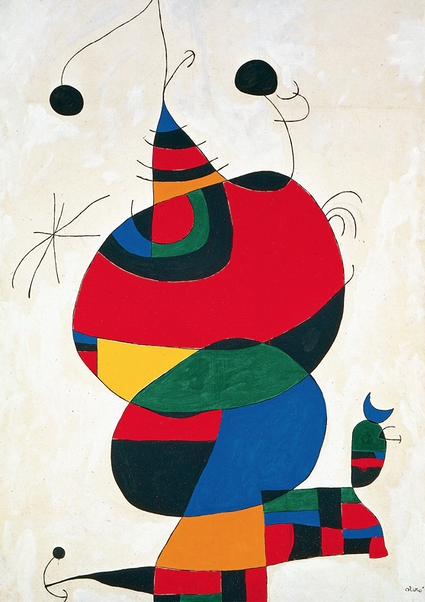
March 23 → 27, 2026
Melbourne
Australia
PERSONALITY DELL’ ARTE
THE PLAY OF ROLES IN RELATIONSHIPS:
AN EXPLORATION OF THE SELF AS A COMMUNITY
through Psychodrama and Physical Theatre
with
Zsófi Kigyóssy & Giovanni Fusetti
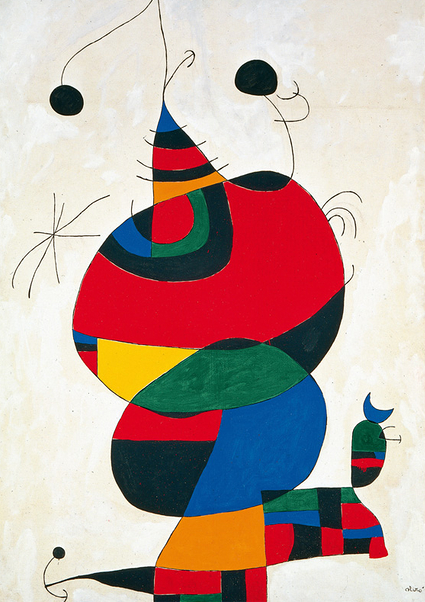
(1)
A PLAYFUL JOURNEY OF PERSONAL DEVELOPMENT
Welcome to a highly experiential and playful group of personal development in which the Psychodrama Approach and Physical Theatre will dance together to provide a unique experience of emotional awareness and embodied spontaneity.
The focus of the group will be on the exploration of the personality seen as a community of roles. In Psychodrama, we distinguish between inter-personal and intra-personal relationships, the second beeing the relationships with different parts of oneself.
These two words have in common the term persona, which in the Latin theatre was the term used for the theatre mask that defined a specific theatre character on stage. This term remains in the Italian and French word for character which is personaggio–personnage.
Carl Gustav Jung referred to the personality as a community of masks, and many different therapeutic approaches share the view of the psyche as a chorus of multiple forms: from Gestalt to Psychodrama, from Processwork to Family Constellations to the Theatre of the Oppressed, just to name a few. We can call these different forms roles, masks, characters, gestalts … and each of them can be brought into awareness and explored through theatre play.
Psychodrama sees all roles as relational, in the sense that they all emerged in the relationship between the individual and their social field.
In the Psychodrama approach each individual is seen as a fascinating community of roles, each of them manifesting different desires and needs, potentials and dilemmas, complicity and conflicts.
Physical theater sees theme as characters of a play, types of a personal inner scenario in which highly theatrical events keep happening: conflicts, alliances, crescendo, development of themes, amplifications, resolutions, dramatic peaks and happy or tragic endings.
In the everyday unfolding of our life, through the various relationships in which we are involved, many roles appear. Some of them are recurrent and very familiar, others might be more unknown or problematic, at the point of remaining in the background, hiding from awareness. Some have developed in response to traumatic events or unmet needs, others are holding the precious connection with deep desires and potentials of the person.
In Psychodrama the person is encouraged to bring these roles into the light of awareness and explore them through play.
The amplification and the play of the different roles often bring humor into the personal process. Playing a problematic role of our personality deepens the somatic experience, sometimes bringing the role to its grotesque nature, when we can fully realize the depth and intensity of their drives and urges, as well as their intrinsic paradoxes. The protagonist of the Psychodrama can stage their personality with the support of the group and witness the inner drama of their psyche, which can be seen and transposed through the lenses of the theatre genres. Tragedy, Melodrama, Satyre, Absurd and, very often, Comedy!
Welcome to the theatre of the psyche!
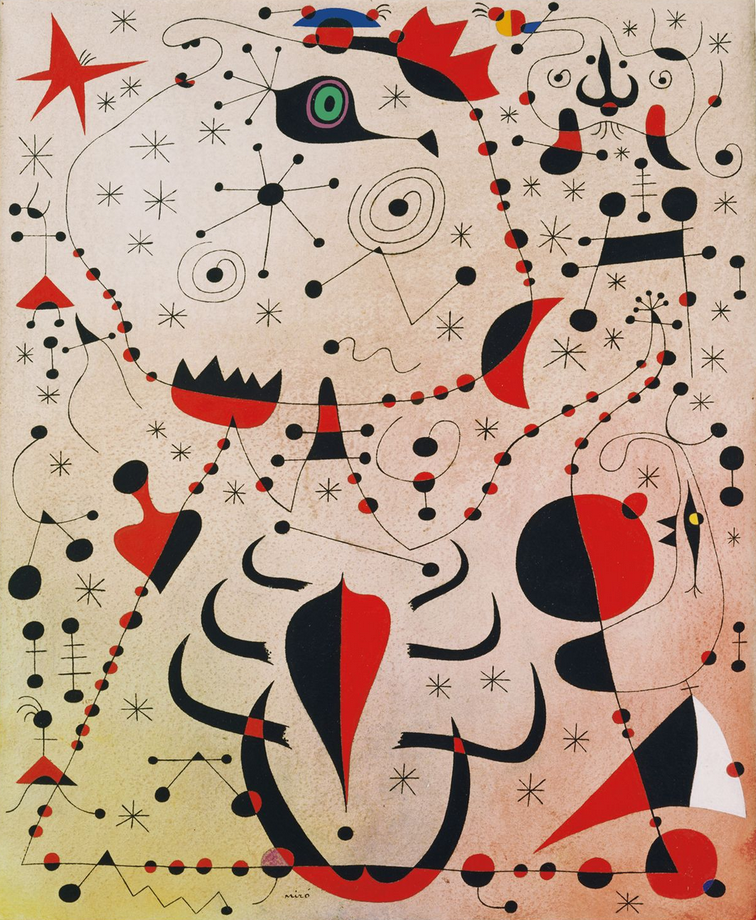
(2)
TO WHOM IT MAY CONCERN…
The workshop is open to anyone wishing to engage in a quest of personal awareness and emotional awakening through role playing and theatrical games, within the context of a Psychodrama group.
This workshop is specifically designed for anyone interested in exploring their psychological field in an embodied and theatrical way, in which the body and its language comes first, before words.
- Theatre practitioners who are interested in a therapeutic process that includes play and theatricality: this can be as deeply healing as fundamentally fun.
- Teachers, educators, therapists, psychotherapists, psychodramatists, drama-therapists and anyone active in the field of healing who is interested in exploring psychology using a theatrical paradigm based on embodiment, play and fun.
- Anyone who is already engaged in a theatrical or therapeutic process.
- Adventurers of the Psyche who know and feel that humor and play are great allies in the journey of becoming.
If you are coming from the field of theatre arts, you can expect to practice a therapeutic process constantly fed by the dynamics and techniques of physical theatre and embodied play.
If you are coming from the psychological field you can expect to explore emotional processes and wounds through theatrical games, exercises and the creation of characters, both in collective movement practice and through improvisation.
A fierce and playful curiosity about human folly and beauty is required, as well as a passionate engagement to the exploration of one’s own emotional life in an artistic way.
Though no previous specific knowledge of Psychodrama and Physical Theatre are required, a previous experience in Personal Development/Therapy and in Theatre is necessary.
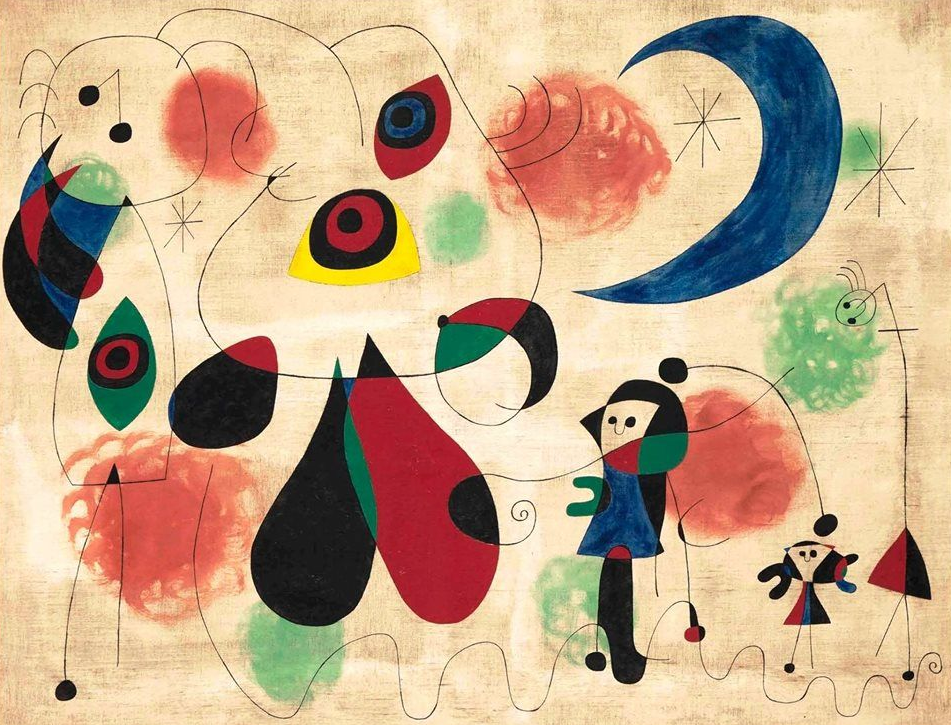
(3)
THE APPROACH
The pedagogical approach integrates the practice and the experience of the two facilitators.
Psychodrama proposes a journey of emotional awareness and creative transformation of one’s own psychic structure, roles and relationships through the re-enactment of inner and outer life scenarios. In this sense it is a highly theatrical therapeutic practice, in which the protagonist stages (enacts) a scenario of their life using the group both as cast (auxiliaries) and as audience of the play.
If you wish to know more about Psychodrama you can visit www.zso.fi/psychodrama
Physical Theatre provides a set of exercises, games and playful techniques that support the embodiment of the different roles, thus encouraging a deeper experience of the process. The result is a deep artistic and emotional work, involving the body in a dynamic of play and spontaneity.
Theatre artists will discover a fun way to work on themselves with psychological depth and theatrical delight.
BIOS
Zsófi Kígyóssy is a Board Certified Psychodramatist, Sociometrist and Group Therapist trained in Hungary and in the USA, a registered Psychodramatist with AANZPA and Psychotherapist with PBANZ in New Zealand. She holds an MA in psychology and trained in EMDR. She runs personal development groups and works with individuals and couples in Wellington. By living on three different continents she has gained multicultural experience to see how psychodrama works in different cultures. She has been amazed how much interaction and connection can facilitate healing and bring quality change to one’s life.
For more detailed boigraphy about Zsófi, visit the Biography page of this website.
Giovanni Fusetti is an Italian multi-disciplinary fool. Natural Scientist, Theatre Artist and Pedagogue, in the lineage of Jacques Lecoq, trained in Gestalt Therapy. He works internationally as a teacher and process facilitator, exploring theatre as “a way” of initiation in multiple fields: performance, artistic training, education, healing, personal awareness and political action. He is the founding pedagogical director of HELIKOS International School of Theatre Creation, based in Padova, Italy.
For further information about Giovanni please visit the BIOGRAPHY page of his website.
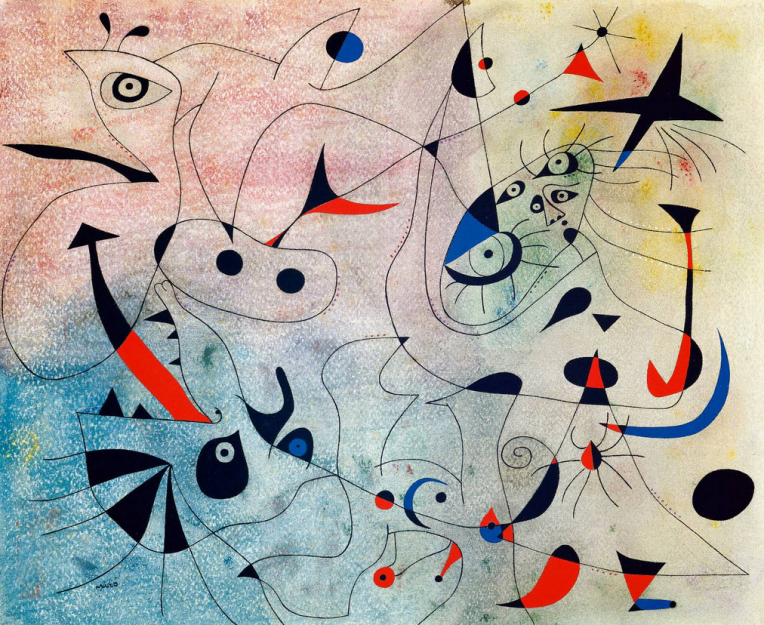
(4)
PRACTICALITIES
SCHEDULE
March 23 to 27, 2026
Mon 23rd: 9.30 – 5.00pm
Tues 24th: 9.30 – 5.00pm
Wed 25th: 9.30 – 3.30pm
Thurs 26th: 9.30 – 5.00pm
Fri 27th: 9.30 – 5.00pm
LOCATION
Pascoe Vale Uniting Church
10 Cumberland Rd, Pascoe Vale South VIC 3044, Australia
Directions
ENROLLMENT
APPLICATION PROCESS
To apply to the workshop please e-mail a letter of motivation, (in English) to Giovanni and Zsófi at kairosplay@protonmail.com sharing the essence of your story, vision, dream, desire, fear or un-explicable intuition that leads you to this workshop.
Before applying please read the document The Rules of Engagement, that you can find clicking on it. It contains
– the rules of engagement of the participants with the workshop: with oneself, with the group, with the teacher and with the work;
– the guidelines on what to include in the motivation letter;
– our cancellation and refund policy.
Please mention in your letter your previous experience in the field of personal development, psychotherapy and other relevant practice of emotional awareness, as well as your previous experience in the field of Theatre. The details of what to include in the motivation letter are in the Rules of Engagement Document. We recommend that you read it thoroughly to make sure your motivation letter is comprehensive and meets our requirements.
There is a non-refundable application fee of AUD20, to send via using this payment link on the payment platform WISE.
Please include in the application the receipt/screenshot of your payment.
Once the application is received, in some cases the workshop facilitators might contact the applicant with some further questions, and/or request an online conversation.
Once the application is accepted, applicants can confirm their enrollment by sending AUD 400 as non-refundable deposit.
TUITION
EARLY BIRD DISCOUNTED TUITION
AUD 985: if full payment is made before January 31st, 2026
Full Price
AUD 1.200: if full payment is made after January 31st, 2026
Please note that the tuition does not include food and accommodation and that participants will be responsible for organizing their staying in Melbourne.
A limited number of spots are available at a reduced tuition. Please contact us if you are interested.
Please note that in case of cancellation by the enrolled participant, the deposit is NON-REFUNDABLE.
The maximum number of participants is 14.
Once the 14 places will be assigned, a waiting list will be set up, in case a spot will become available.
For further information about the content of the workshop you can contact
Zsófi Kigyóssy and Giovanni Fusetti at
kairosplay@protonmail.com
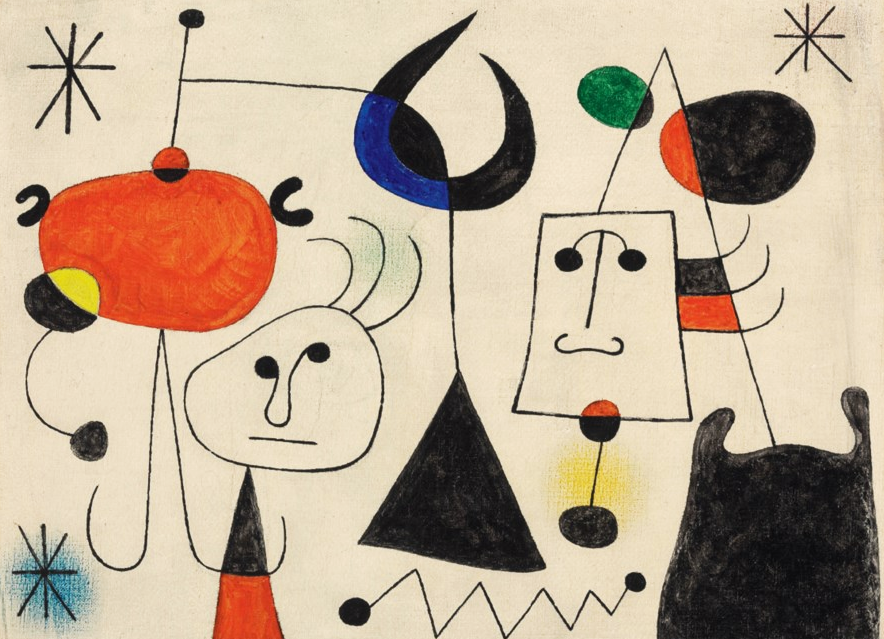
(5)
PHOTO CREDITS
Picture n.1: Joan Miró, Woman, Bird, Star (1970)
Picture n.2: Joan Miró, Constellation (1959)
Picture n.3: Joan Miró, Femme, lune, oiseaux (1950)
Picture n.4: Joan Miró, Morning Star (1941)
Picture n.5: Joan Miró : Personnages et oiseau dans la nuit (1947)


